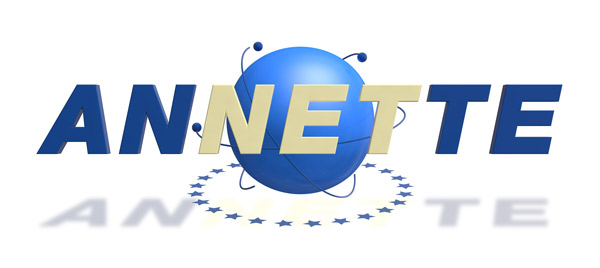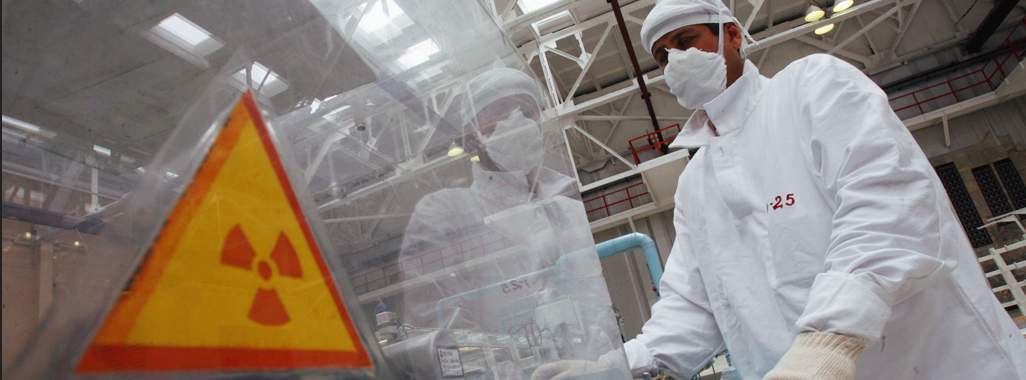

Course Outline and Content:
The training shall impart knowledge on nuclear safety culture, and motivate the trainees to implement continuously and consistently all traits of a nuclear safety culture in their actual job positions within the ITER project.
The following learning content shall be dealt with in the training:
- Basics of ITER: its mission, layout, nuclear reaction.
- Why nuclear is different to other high-risk industries: nuclear risks, the entailed safety objectives and the resulting implications on licensing, design, manufacturing, construction, assembly, and commissioning.
- ITER design and the safety functions that shall achieve safety objectives.
- Contribution of a safety culture to achieving safety objectives, and its main elements as well as actors.
- Traits of a healthy nuclear safety culture: management commitment.
- Traits of a healthy nuclear safety culture: individual commitment.
- Implications on the behavior of personnel that is active in manufacturing, construction, assembly, and commissioning of ITER components either at manufacturers’ sites, or at ITER construction and assembly site.

Learning Outcomes
After the training, the trainees shall be able to
- Shortly describe the main mission of ITER,
- Shortly explain why ITER is a nuclear facility, and what are the resulting risks that must be handled during its operation,
- List some measures to protect the ITER machine, the ITER staff and the environment from the radiation,
- Describe the main elements of a nuclear safety culture,
- List some responsibilities of managers regarding nuclear safety culture,
- List some responsibilities of individuals regarding nuclear safety culture,
- List important personal behavior that reinforces nuclear safety culture,
- Describe how this can contribute to a healthy nuclear safety culture.
Requested Background:
The training shall target workers that are employed by sub-contractors of the ITER project (down to the lowest level), and active in ITER related manufacturing, construction, assembly, and commissioning of ITER equipment.
The targeted trainees should have undergone a suitable vocational training, preferably in a technical subject important for their actual job position. They should be able to understand basic technical descriptions (including schematics) of a power plant and its systems and components.
Teacher(s):
The training (i.e. presentation to be recorded for e-learning) itself shall be conducted by a professional teacher with suitable expertise on the topics addressed in the course.
Method of Delivery:
E-learning, where appropriate slides are presented and explained by an expert on nuclear safety culture for ITER. The trainees shall be invited to access and work through the e-learning via the Internet.
Final Examination:
After the training, feedback from the trainees shall be collected to evaluate the course. Furthermore, the trainees shall take a test to check whether they have achieved the learning outcomes.
Approximate Date of Availability of the Course Material:
June 2018
